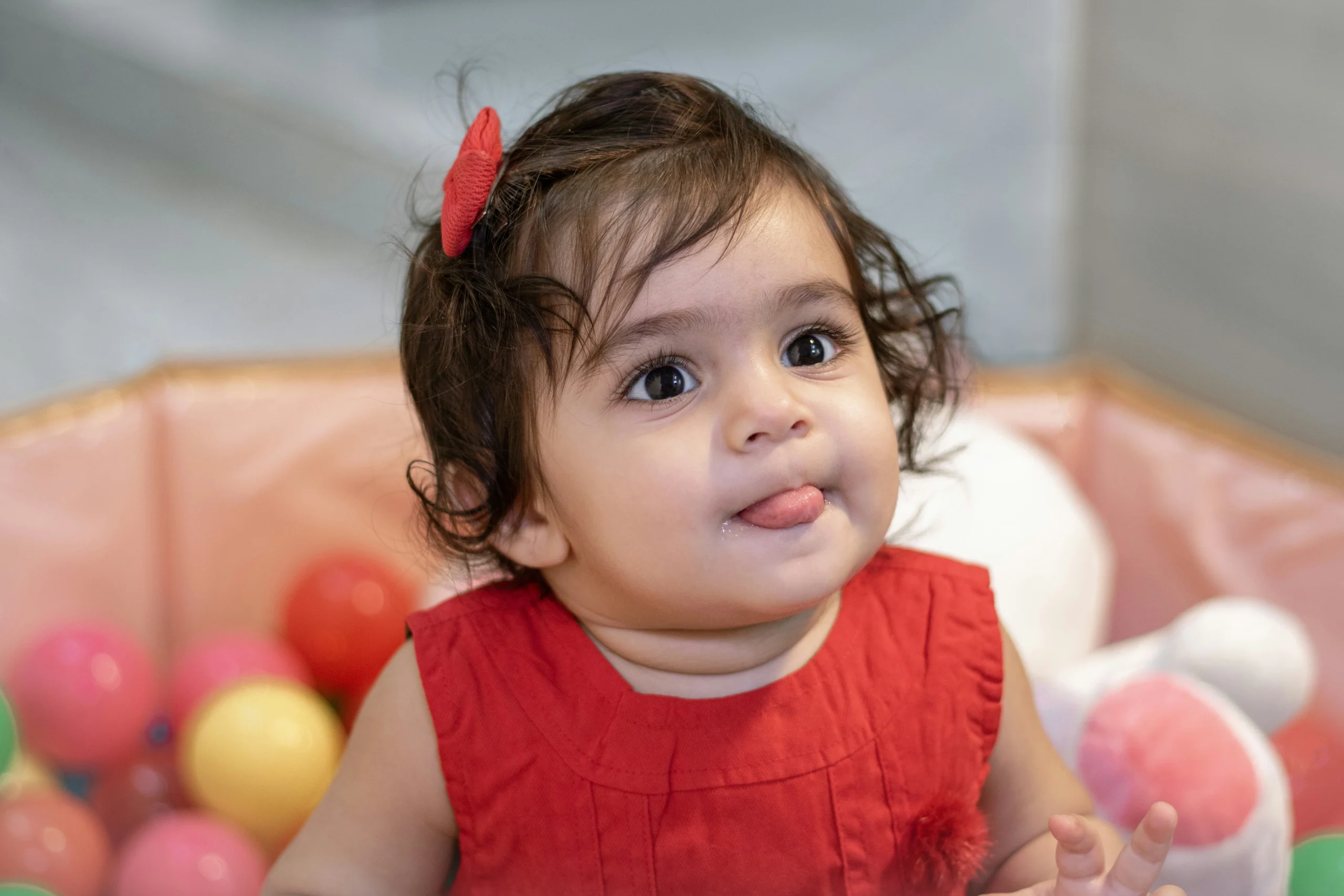Infertility can be a challenging journey, one that may lead to unexpected emotional responses. When I was 33, I faced an unanticipated pregnancy that prompted a serious conversation with my partner about our future together. Although we were not planning to expand our family, we both felt a strong commitment and decided to embrace the situation. Tragically, this led to a miscarriage. A few months later, I experienced another pregnancy, only to face yet another loss. It became clear that carrying a pregnancy to term was going to be a significant challenge for me.
As we began to actively try to conceive, each month brought new disappointment. I frequently bought pregnancy tests, often taking them prematurely, convincing myself that this time would be different. After several years of struggle, I finally achieved a viable pregnancy. However, just a day before my 12-week ultrasound—the milestone many couples use to announce their exciting news—I started bleeding profusely and had to rush to the emergency room for yet another miscarriage.
During this tumultuous time, I found solace in online message boards dedicated to pregnancy. These platforms provided a sense of community for those of us navigating similar experiences. However, when I found myself no longer part of the conversation due to repeated losses, I made the unhealthy decision to stay on that board. I became an observer of others’ journeys, which led to a toxic mindset. I felt resentment towards women who were still part of the community. Every complaint they shared about their pregnancy seemed trivial to me; I could not fathom why they would express dissatisfaction when they were blessed with what I longed for.
As bitterness grew, I found myself irritated by mothers I encountered in public. The sight of someone with multiple children filled me with envy. I began to believe that every new pregnancy announcement diminished my own chances of conceiving. It was as if I thought there was a finite number of pregnancies available, and with each announcement, my hopes were dwindling. This feeling of powerlessness fueled my anger and jealousy.
However, five years after my first miscarriage, I welcomed a healthy baby boy into the world. Shortly thereafter, I began writing about parenting. In my subsequent experiences on parenting forums, I have encountered my former self multiple times. Often, I see individuals engaging in what I call the “suffering olympics,” where they compete to present their struggles as more significant than others. I also notice those who, in humorous posts, remind others of how fortunate they are to have children, inadvertently marginalizing the feelings of those still grappling with infertility.
To those still in the trenches of trying to conceive, I see you. I understand the pain and frustration you feel. Not every infertility journey culminates in a joyful outcome, but it’s important to recognize that someone else’s pregnancy does not reduce your own chances of becoming a parent. During my own struggles, I failed to notice how infertility was altering my character. I became a bitter person, building emotional walls fortified by judgment and resentment.
It’s completely valid to feel sadness and frustration during this difficult time. However, I urge you not to let the challenges of infertility transform you into a bitter individual. For additional support and information about home insemination methods, consider exploring this comprehensive resource. You may also find valuable insights on fertility and pregnancy at Medical News Today, which can help you along your journey.
Summary
Infertility can lead to feelings of bitterness and resentment, but it’s crucial to acknowledge these emotions without letting them define you. While the struggle to conceive can be isolating, it’s important to remember that you are not alone and that someone else’s pregnancy does not lessen your chances.
